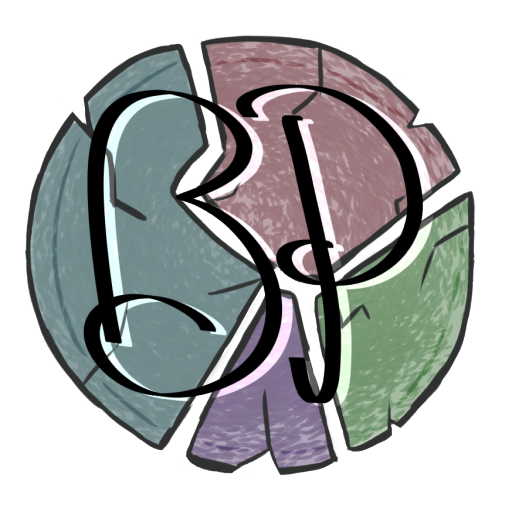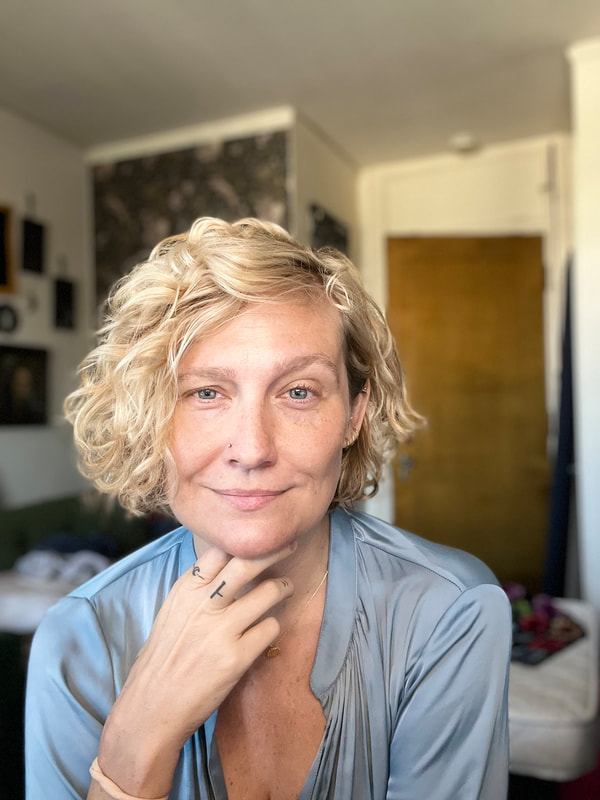Julissa Garcia (JG): You have had such an impressive career in editing and publishing, from co-founding your own literary agency, Baker’s Mark, to working on over 800 books for traditional publishing houses (including New York Times, USA Today, and Entertainment Weekly bestsellers), to ghost writing, to freelance work, to working in-house for Source Books. What led you to become interested in literary editing and the publishing industry?
Gretchen Stelter (GS): My answer is relatively boring: I loved reading. I learned to read very young, when my older brother learned, as I hated to be left out, and it opened up so many worlds to me that I spent much of my life with my nose in a book. Finding book publishing as a field to work in felt like a dream come true—still does!
JG: When I researched your website, I was intrigued by the fact that you have edited so many different genres, from mysteries and thrillers to young adult to graphic novels to women’s fiction and contemporary romance. What is it like to move between those genres? Out of the different genres you’ve worked on which is your favorite to edit and why?
GS: Working between genres can be complicated at times, because a really good editor will be well-versed in what is going on in the genre at the moment–what tropes are popular and what are overused, what kind of tropes are acceptable, the pacing that is expected (so different when looking, for instance, at the expected world-building that occurs in sci-fi and fantasy versus the expected “grab you and not let you go” plot movement of a thriller). As long as I feel like I’m currently well-read and well-informed in a genre, I feel comfortable editing it. If my reading and work in a genre has tapered off a bit, I may recommend a colleague instead.
Fiction is where my heart lies though, and thrillers/mysteries and romance (especially, ahem, spicy) are the most fun to edit and my true loves, editorially speaking. It can be great fun to switch between genres, as it keeps things fresh and keeps me seeing where some genres intersect and how the popular tropes in one can affect another.
JG: In addition to your work as an editor and a ghost writer for other authors, you also write original pieces. For example, you’ve published nonfiction pieces about your cancer journey on Wildfire magazine. I listened to the Wildfire Community podcast, The Burn, where you read your essay “Erin go Braugh.” When I was listening, I really admired how you wrote about your cancer and self-travel journey with such raw and great detail. Can you tell us about the writing process and self-discovery you experienced while writing those pieces?
GS: First, thank you. And second, that’s a great question. I tend to be a “write in my head” person, which for me means that I consider what I want to write about for a while and just let it rattle around in my brain while I’m doing other things: going on walks, in the shower, cooking, etc. If I come up with a line I really like, I’ll jot it down, but generally speaking, when I think of something personal I want to write about, I start with the idea of “What would be helpful to me before I had to muddle through this ridiculously on my own?” And that’s my first focus, and from there I just start rolling it over and over in my head until I have a decent idea of how I want the beginning of it to feel. Then I sit down and write.
JG: You also have an agent who is repping your first full length novel. Can you tell us more about that? What is it about and what is it like to not be the editor but the author?
GS: My first full-length novel under my own name is a thriller. I like to call it a female-rage thriller, and it draws on my own experiences working part-time as a sexual assault victim advocate as well as my volunteer work over the years with Girls Inc., with a drop of revenge thriller in there. Being the author is, quite frankly, not all that different from being the editor, since I often work as a developmental editor and help brainstorm and discuss plot and character development with the authors I work with. The biggest difference is, of course, that most of the ideas have to be mine this time. I will also say that I am typically delighted to get editorial feedback as an author, because I’m so deeply aware of the fact that a book is not created in a vacuum and having great support (like my agent, who is also my favorite collaborator) can really make a book so much better.
JG: Finally, many of our readers at The Broken Plate are also aspiring writers. What key piece of advice would you give to anyone who wants to build a life as a writer?
GS: Read. Read, read, read. You have to know what’s out there being created–what’s popular, what’s considered good, what’s “normal” in the genre you want to write in, what tropes are common, what type of writing is expected (lyrical or short and sweet; fast-paced or world-building; etc.). You have to read a lot if you want to write. I learned almost everything about writing and plot and engaging prose (and more and more) from reading. The other side of that coin, however, is to keep in mind that when you consider who to ask for editorial feedback, simply reading a lot does not mean someone else knows how to give constructive feedback, so be open to collaborating but be selective about who you listen to.
JG: Going off topic for just a moment, while reading the “About” section on your website I noticed you took the LSAT and applied/enrolled in law school for a week. I am a passionate writer myself, but after my undergrad I will be attending law school. I was wondering if you could tell me about that part of your life. What were your plans for law school and how did you prepare for those LSATS?
GS: I wasn’t sure what I wanted to do in law school, and it was either criminal law or copyright law. I studied by using LSAT study guides and focusing a lot on the logic sections, as that was where I BOMBED when I took my first practice test. LOL, I think I had dreams of Law & Order type work OR simply doing work in publishing but on the law side. I took a contracts class at BSU my senior year that was very helpful when I worked as an agent, and actually, my mentor as an agent was a lawyer for Simon & Schuster for years before she started her own agency.

